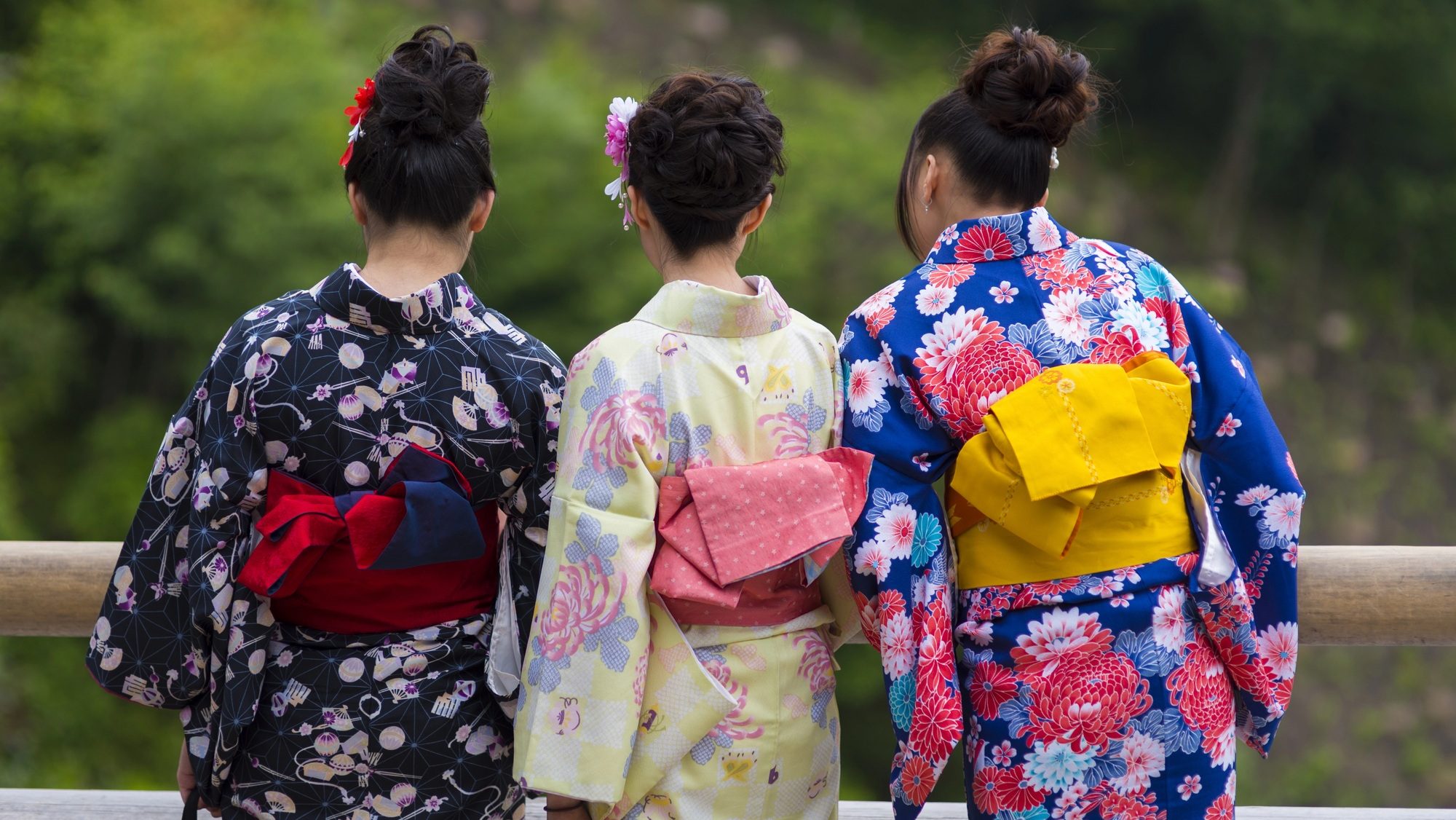JAPAN: The leader of a far-right Japanese political party has come under fire for making deeply controversial remarks about women and Japan’s declining birth rate.
In a report from SCMP, Naoki Hyakuta, the founder of the Conservative Party of Japan, sparked outrage after suggesting that the solution to the country’s demographic crisis could involve banning women from marrying after the age of 25 and forcibly removing their uteruses at 30.
He also proposed that women should be barred from attending university after 18 in a bid to prioritize childbearing.
Public outrage
Hyakuta, a novelist known for his provocative views, made these statements on his YouTube channel Friday, triggering an immediate backlash from many critics, including academics, activists, and entertainers.
In the face of public outrage, Hyakuta attempted to retract his comments during a speech in Nagoya on Sunday, claiming they were merely a “hypothetical idea” and not something he endorsed.
He described them as part of a “science-fiction storyline” intended to provoke thought on Japan’s declining birth rate but conceded that his words were “extremely harsh.”
Despite his apology, many have expressed disbelief and anger over the content of his remarks.
A call to violence against women
Sumie Kawakami, a lecturer at Yamanashi Gakuin University and gender issues author, called the comments “a call to violence against women.”
She criticized Hyakuta’s attempts to downplay the gravity of his words, suggesting that the political climate in Japan was sliding toward the kind of divisive rhetoric seen in other parts of the world, particularly the United States under Donald Trump.
“I cannot believe that a Japanese politician has said such a thing,” Kawakami said. “If there had been no backlash, I don’t think he would have apologized.
His comment was an attempt to manipulate public opinion, and that’s dangerous,” she added. And the furore was not confined to academics and gender rights advocates.
In the entertainment industry, actress Tomoko Mariya condemned Hyakuta’s comments, calling his party “out of control” and accusing him of a profound “lack of awareness.”
Fellow actress Chizuru Higashi also voiced her concern, describing the idea of removing women’s reproductive organs if they haven’t had children by 30 as “terrifying,” even as a joke.
“Women can’t get pregnant on their own,” she added, “and the real reasons for the declining birth rate are economic instability and uncertain job prospects.”
The backlash extended to Hyakuta’s political party. Takashi Kawamura, joint chairman of the Conservative Party of Japan, publicly distanced the party from Hyakuta’s remarks, telling Fuji Television that he had urged the leader to retract his comments. “I apologize on his behalf to the supporters of the Conservative Party and the Japanese people,” he stated.
Just fiction?
Hyakuta is no stranger to controversy. His 2006 novel “The Eternal Zero,” which romanticized kamikaze pilots, was a bestseller and later adapted into a film.
His political views are similarly provocative, including a rejection of the historical narrative surrounding Japan’s wartime actions, such as denying the Nanking Massacre and dismissing the Tokyo War Crimes Trials.
In 2023, he launched the Conservative Party of Japan in protest of the passage of the LGBT Understanding Promotion Act, signalling his increasingly hard-right stance.
The remarks have sparked a wider conversation about the current state of Japanese politics.
Hiromi Murakami, a political science professor at Temple University in Tokyo, noted that Hyakuta’s party appeals to disillusioned voters who once supported the ruling Liberal Democratic Party (LDP) but are now seeking more extreme alternatives.
“These views were always present in conservative circles, but they are only now being voiced openly,” Murakami said, adding that Hyakuta’s comments could cost his party support in the next election.
As Japan grapples with a rapidly ageing population and a shrinking workforce, the debate over the nation’s birth rate continues to intensify.
However, many argue that a focus on restricting women’s rights and choices, as suggested by Hyakuta, is not the solution.
Instead, critics call for policies that address the root causes of the demographic crisis, including economic inequality, unstable employment, and a lack of support for working mothers.
The controversy surrounding Hyakuta’s remarks has underscored the deepening polarization in Japanese politics, and it remains to be seen whether this will have lasting repercussions for the Conservative Party of Japan and its leader.
Featured image by Depositphotos (for illustration purposes only)

